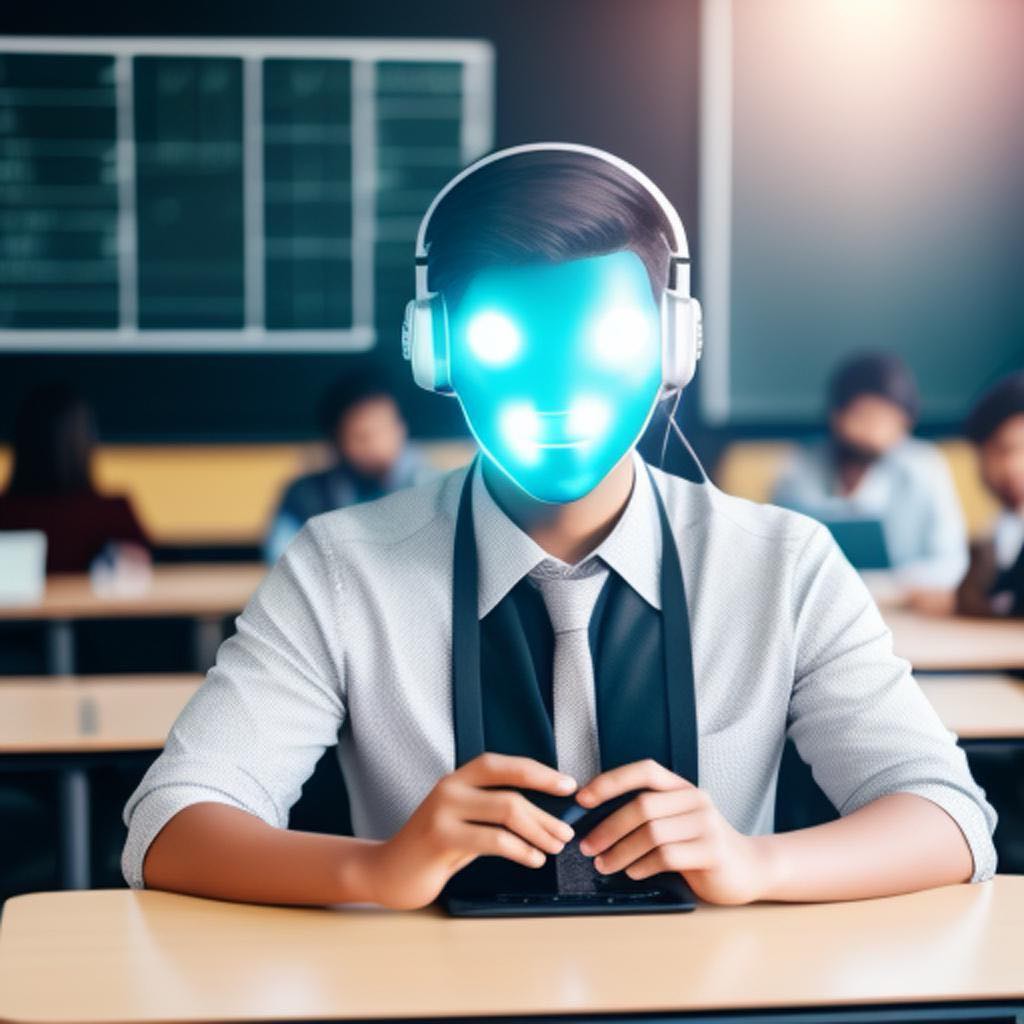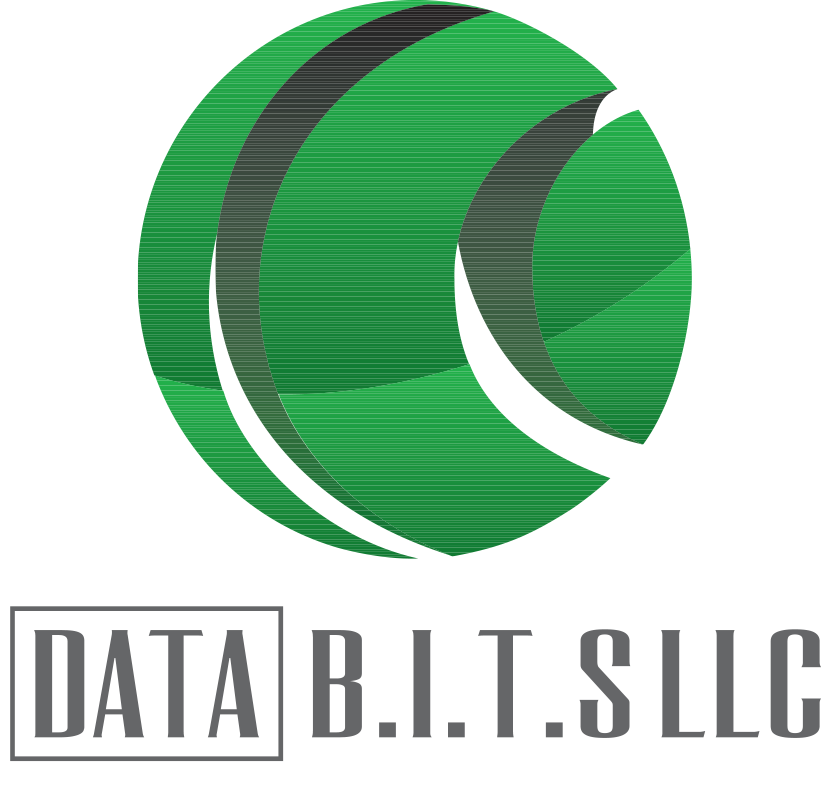
By Professor Shakia Riggins, Msc., IT, 2024
As we stand on the cusp of a new era in education, the integration of artificial intelligence (AI) into higher education raises both promises and challenges that demand our attention. As a scholar deeply rooted in the world of academia, I’ve witnessed firsthand the transformative impact of AI on the traditional roles of professors and students, and its profound implications for academic integrity.
One of the most intriguing aspects is the emergence of AI tools that empower students to take charge of their learning journey. Imagine a scenario where students, armed with AI, navigate through course materials, receive instant feedback, and even replace the traditional role of a professor in certain aspects. This shift prompts us to reconsider the conventional dynamics of the classroom, encouraging a more self-directed and personalized learning experience for students.
However, with innovation comes the inevitable challenge of maintaining academic integrity. The very tools designed to enhance learning can be manipulated, leading to instances where students exploit AI to replace the professor’s expertise. This raises the ethical question of how we strike a balance between embracing technological advancements and ensuring a fair assessment of students’ genuine knowledge and skills.
I’ve also encountered situations where professors, wary of the growing influence of AI, wrongfully accuse students of leveraging these tools. The impact on students, institutions, and the academic community as a whole is profound. False accusations not only erode trust but also hinder the nurturing of a collaborative and supportive learning environment. It becomes imperative for educators to exercise caution, employing a nuanced approach to distinguish between authentic student work and that influenced by AI.
In my own experiences, I have come to realize the pressing need for professors to adapt and evolve in response to the changing educational landscape. The integration of AI demands a reevaluation of teaching methodologies, both in the traditional classroom and online. Instead of viewing AI as a threat, we should embrace it as a tool that, when used judiciously, can enhance our ability to connect with students on a deeper level.
Through adopting a student-centric approach, professors can leverage AI to facilitate meaningful interactions, foster critical thinking skills, and provide real-world applications of academic concepts. This paradigm shift not only aligns with the evolving needs of students but also ensures that academic integrity remains at the forefront of our educational endeavors.
My only conclusion leads us to believe, the advent of AI in higher education is an unstoppable force that necessitates a thoughtful and proactive response from educators. By acknowledging the potential challenges, embracing the positive aspects, and adapting our teaching methods, we can navigate this AI frontier while upholding the integrity that lies at the heart of academia. Let us strive for a harmonious integration of technology and education, ensuring a future where both students and professors thrive in an environment of mutual trust and respect.

Very well said. This topic should be discussed throughout education in public schools and higher education. Would love to have Professors Riggins speak at our AI conference in April.
Thanks Marvin, sorry we missed the conference but would love to come and speak.